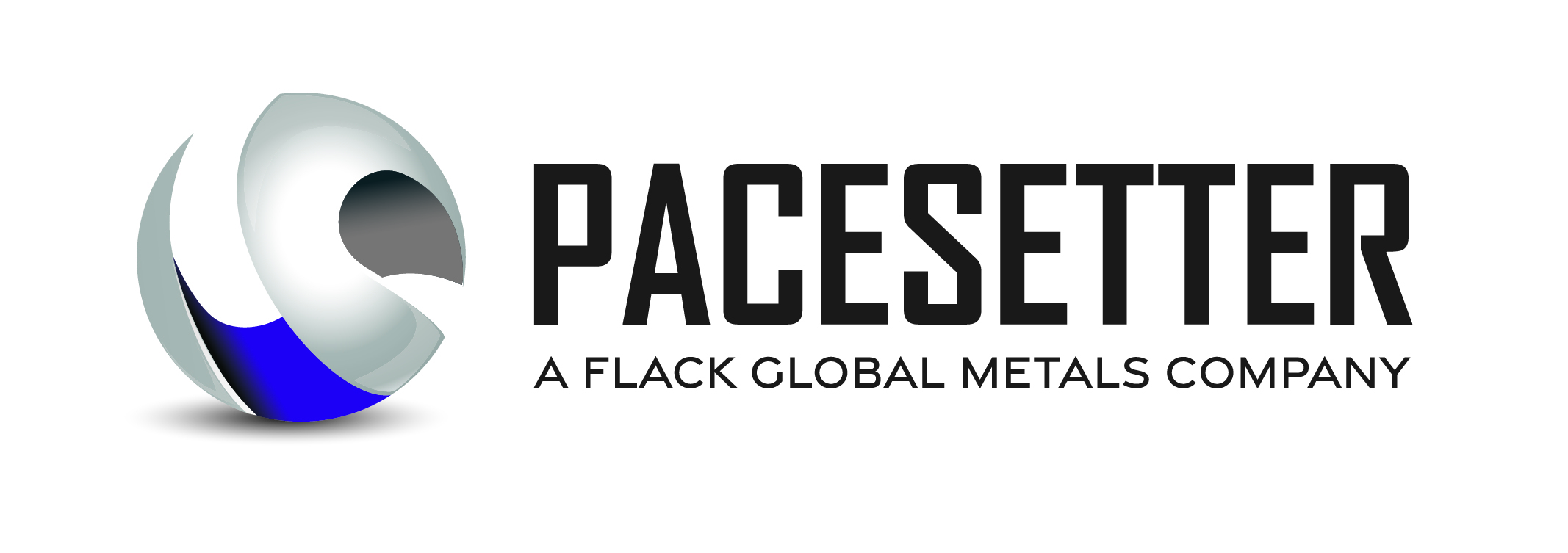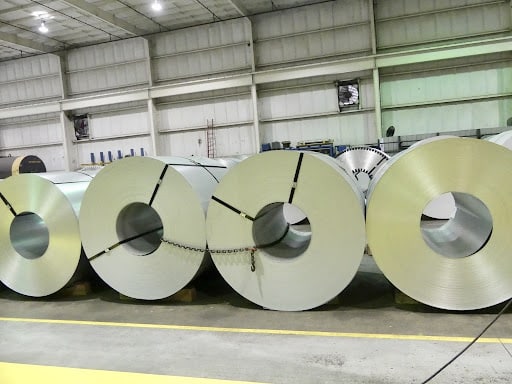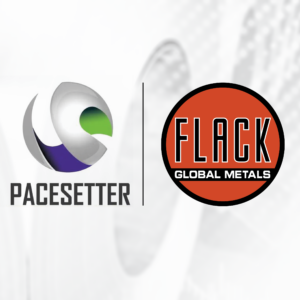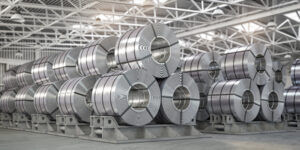The Ultimate, Quick, and Fun Steel Facts Sheet
As one of the country’s most versatile steel service centers, we pride ourselves on knowing all things steel. We supply companies across the nation with custom steel products that are processed and finished to their exact specifications.
Although everyone is familiar with steel, many may not know precisely where steel came from and what makes it such a vital material for numerous industries worldwide. We’re here to answer some of the most common steel-related questions so you can become a steel expert just like us! Let’s dive into our ultimate steel fact sheet:
When Was Steel Invented?
The earliest archeological evidence of steel dates back to 1800 BC, although experts can not attribute the invention of steel to a sole individual. Blacksmiths during the 13th century BC discovered that carbon makes iron harder and stronger. Iron production in Anatolia dates back to 2000 BC, and the technology spread across Europe and Asia. Various regions experimented with heating treatments to strengthen steel, including China, Egypt, Japan, and Rome.
What is Steel Used For?
Steel is used for a variety of applications, including:
- Construction for buildings of railways, roads, and buildings
- Vehicle parts and production
- Appliance production, such as refrigerators, microwaves, and ovens
- Jewelry
- Kitchen appliances, such as knives, mandolins, and pans
- Surgical equipment
There are many other applicable examples of how steel is used. Steel is environmentally-friendly, sustainable, and durable. It is highly valuable because it is easy to recycle and can be designed in various forms and ways. There are many different types of steel, including:
- Cold-rolled steel
- Aluminized steel
- Stainless steel
- Galvanized steel
- Galvanneal steel
- Bonderized steel
Is Steel a Natural Resource?
Steel is an alloy made from a natural resource, iron ore. However, technicians must introduce carbon and other elements to convert iron ore into steel during heat treatments. Iron composes almost all of the Earth’s core and makes up 6% of the Earth’s crust. Although steel is a natural resource and one of the most abundant elements on earth, it wasn’t until the Iron Age that smelting was invented and steel was first produced. Learn more about the differences between iron vs. steel.
Is Steel a Mineral?
Scientists define a mineral as a naturally occurring substance, inorganic, solid, ordered internal structure, and definite chemical composition. Since steel is an inorganic alloy, steel is not a mineral.
Is Steel a Conductor?
Steel is a conductor. All metals are typically good conductors, and steel is typically used to encase other conductors. However, steel is not the best conductor of electricity compared to other metals, such as silver, copper, or aluminum.
How Heavy is Steel?
Steel weighs 0.2833 pounds per cubic inch. Professionals must calculate the volume in cubic inches to get the weight of a steel bar. However, steel varies in weight depending on how it is processed and the type of steel measured. The ultimate density depends on the elements alloyed with the initial iron material.
What Temperature Does Steel Boil?
The boiling point of iron is around 2,750 degrees Fahrenheit. Steel can vary in boiling points but typically is slightly lower and about 2500 degrees Fahrenheit.
Is Stainless Steel Non-Reactive?
Reactive pans will change depending on if they contact highly acidic foods or even just water. For instance, a cast iron pan will discolor if washed like a traditional cooking pan. Most stainless steel pans, however, are non-reactive.
Can Steel Rust?
Steel can rust. Stainless steel contains high amounts of iron which can quickly oxidize to create rust. However, stainless steel is often combined with chromium which prevents oxidation and rust. Additionally, galvanized steel is commonly treated with a thin layer of zinc which helps prevent rust from occurring.
Fill Out Our Contact Form to Get Premium Steel For Your Next Project
We offer a variety of steel services to our clients, including:
- Steel slitting services
- Steel blanking services
- Steel cut-to-length services
- Toll processing services
We also offer finishing services, so your steel is precisely how you want it for your next project, including prepainted steel, embossed steel, perforated steel, and fabricated steel. Contact us below for a custom quote on your next project.




